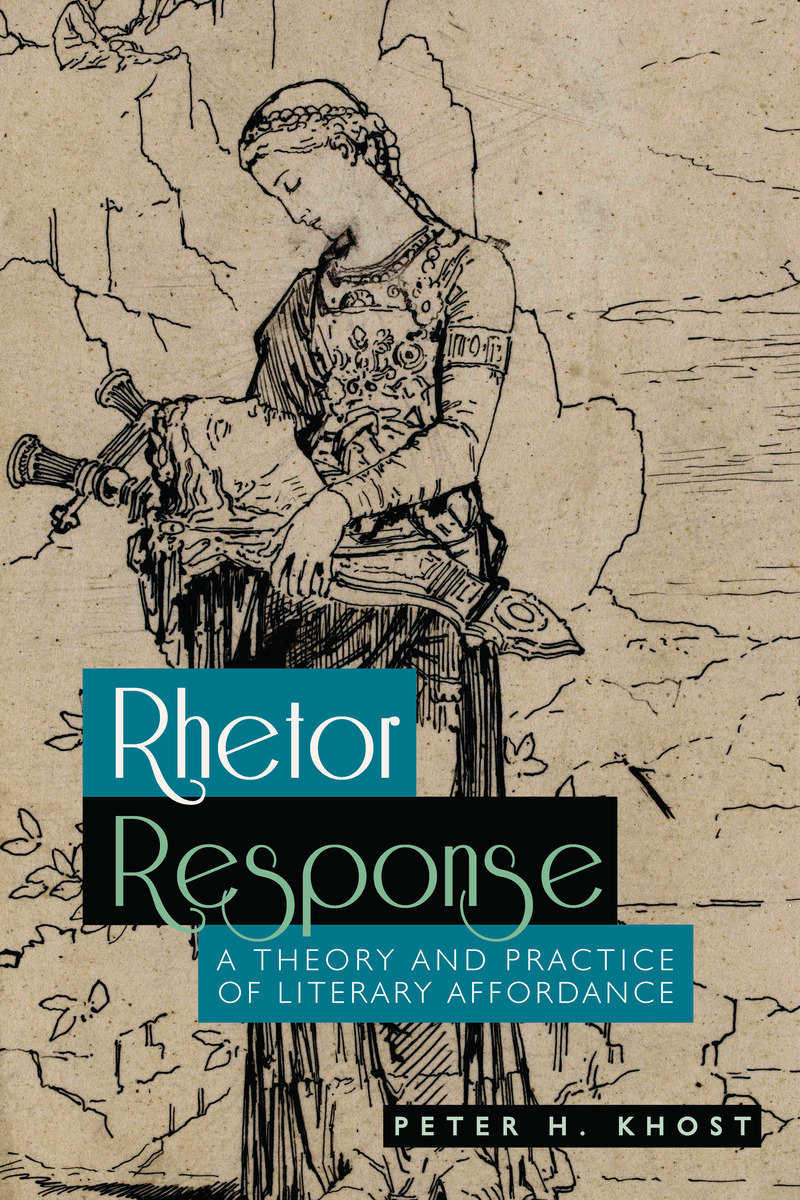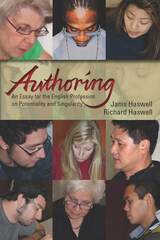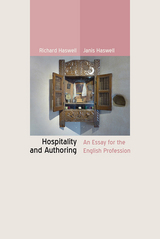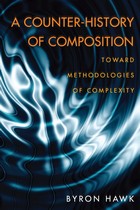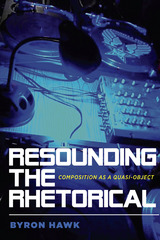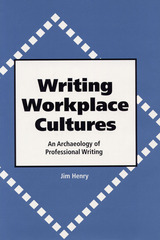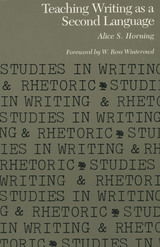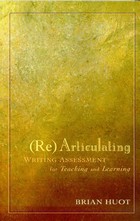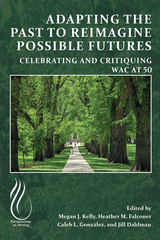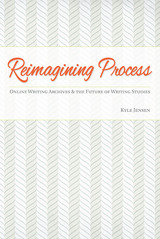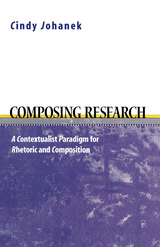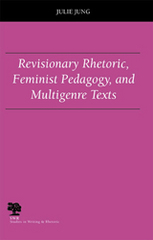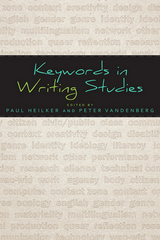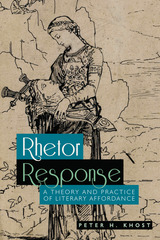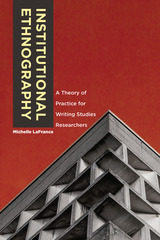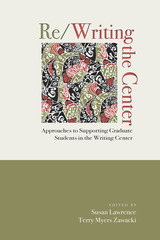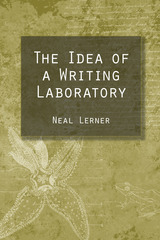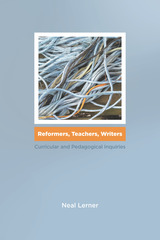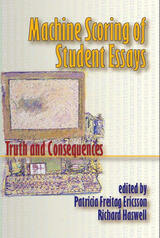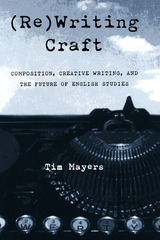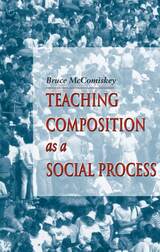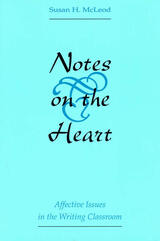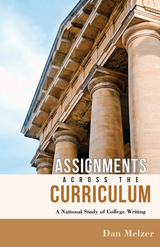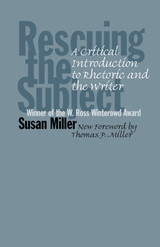Paper: 978-1-60732-775-2 | eISBN: 978-1-60732-776-9
Library of Congress Classification PE1404.K499 2018
Dewey Decimal Classification 808.0420711
Bridging the disciplinary divide between writing and literature, Rhetor Response introduces the concept and pedagogical applications of “literary affordances”—the ways in which readers “use” and integrate literature into their own writing or lives. Unconcerned with authorial intent, interpretive meaning, or critical reception, “affordance” signifies a shift in focus from what literary texts mean and do to what one can do with them.
This book presents both opportunities and challenges to writing studies, a field whose burgeoning disciplinary independence ironically relies on a sizable underclass of specialists in literature rather than writing. Incorporating elements of rhetorical theory, literary criticism, pedagogical methodology, political critique, and psychological and philosophical memoir, Peter H. Khost complicates and revives the relevance of literature—from belles lettres to fanfiction—by turning from interpretation to affordance in order to identify readers’ applications of literary textual features to unrelated lived situations.
Rhetor Response theorizes and exemplifies literary affordance as a constructive step toward professional reconciliation, as well as an entry into greater textual power and pleasure for students and readers. It is a one-of-a-kind resource for college writing program administrators, faculty and scholars in English and writing studies, and graduate and advanced undergraduate students across both disciplines.
See other books on: English language | Practice | Study and teaching (Higher) | Theory | Writing
See other titles from Utah State University Press
